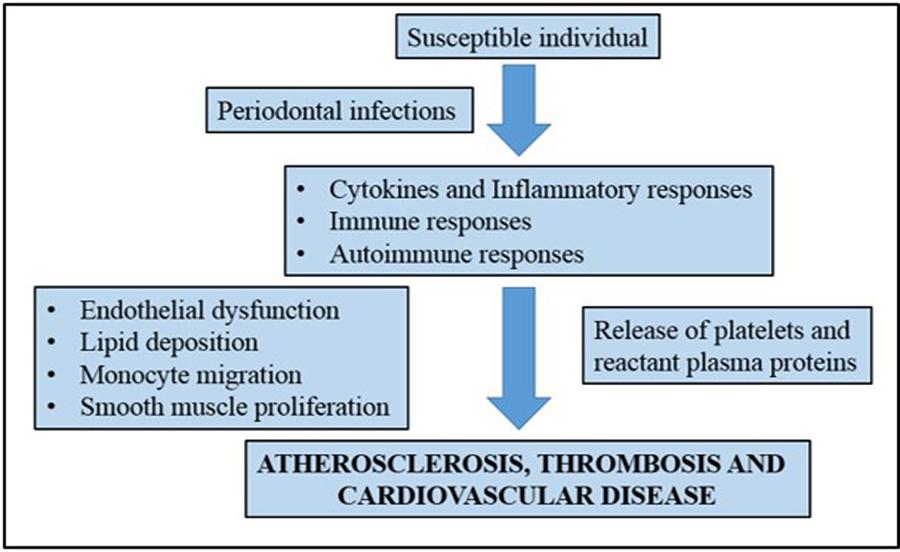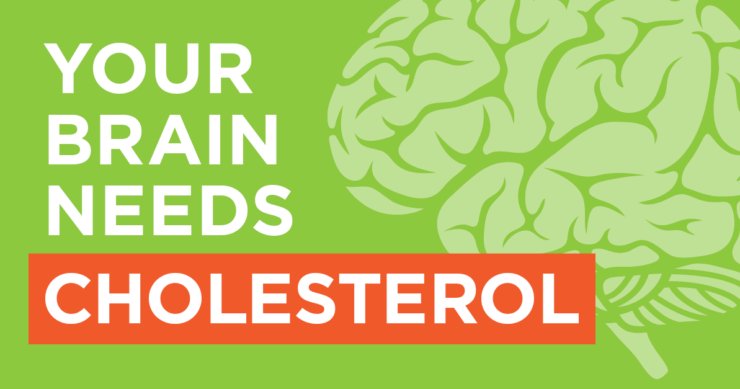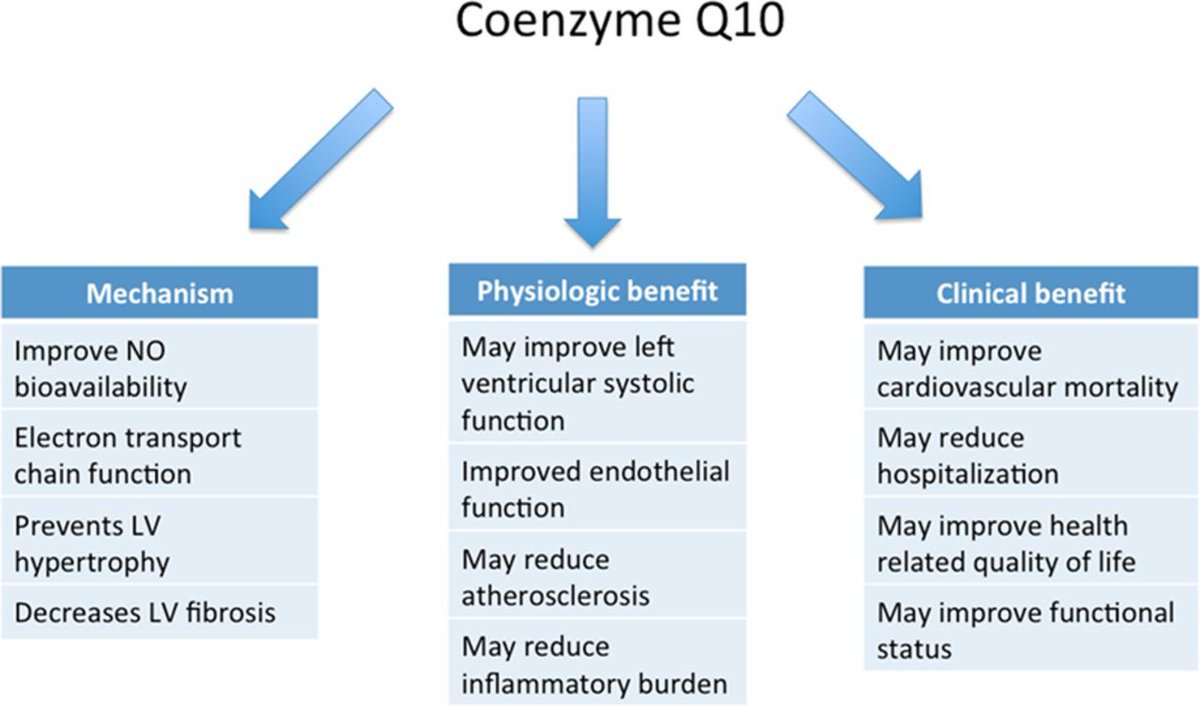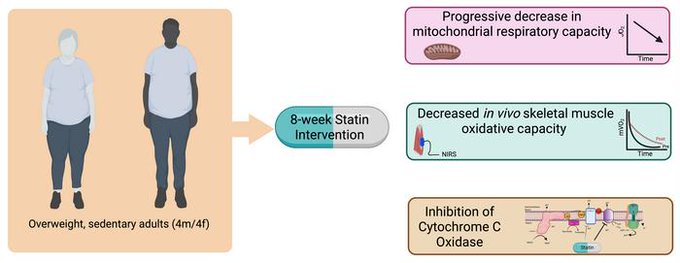
The TRUTH about Statins, formerly @holmanm
Info is provided for educational purposes only & should not be considered as medical advice. (NO DM's please)
21 subscribers
How to get URL link on X (Twitter) App

https://twitter.com/ClausCarlsen1/status/20222390966101936752/10 This is how statins trigger inflammation:
https://twitter.com/MSerdikoff/status/20215526876288655952/5 he dissected them in detail in his book "Cholesterol and Statins Sham Science and Bad Medicine".
https://twitter.com/drterrysimpson/status/20185008471861170332/ This depletes:

https://twitter.com/nicknorwitz/status/19729862427246678232/5 In 2011, I opened @holmanm to raise awareness




https://twitter.com/msdkfjhsfd8/status/19698672764856362542/4 if they had used Serrapeptase, instead of Statins, and dodged the Covid vaccine. Serrapeptase is a natural proteolytic enzyme that acts like a 'pac man' on arterial plaque. There is good evidence that Serrapeptase reduces arterial calcification and inflammation /3
